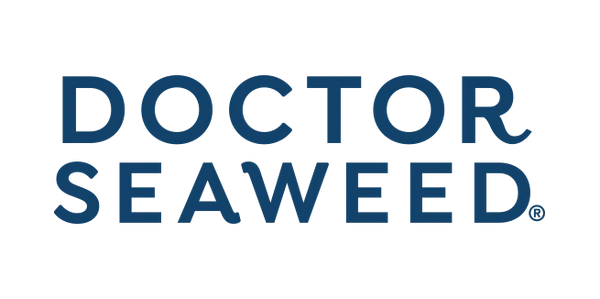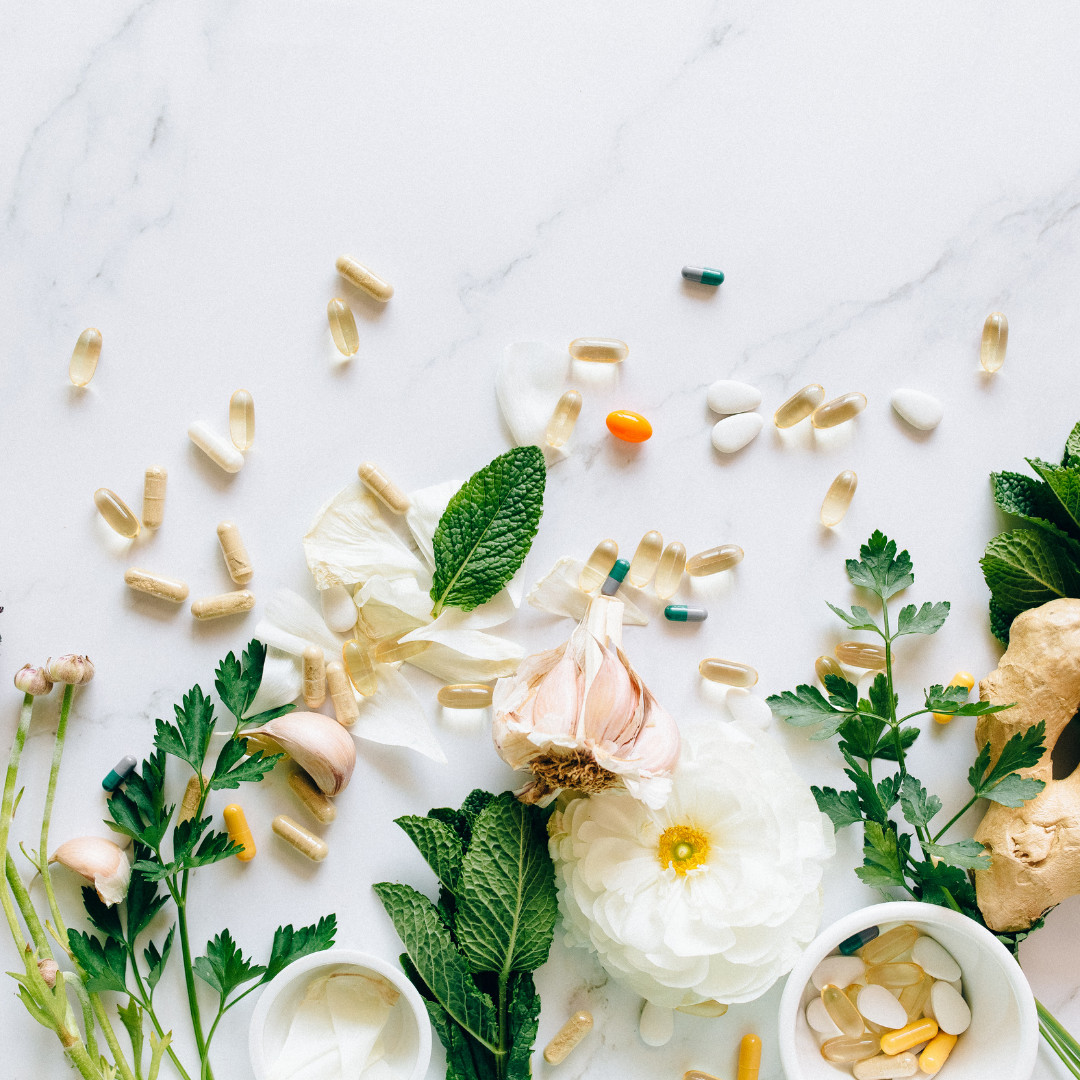Spring has sprung (finally!) and it’s the perfect time to clear out the old and make way for the new. Many of us take the opportunity to clear out our wardrobes, homes and even workspaces – but when was the last time you cleared out your supplements?
If you’ve got a shelf full of supplements that are gathering dust, then read our top tips on how to spring clean your regime and start supplementing successfully.
-
Check the expiration date
Just like food, supplements have an expiration date. While taking a supplement that’s expired is unlikely to do any harm, it’s also unlikely to have much beneficial effect either. That’s because over time your supplements will lose their potency, so while it’s tempting to start retaking the half full pack that got pushed to the back of the cupboard, check the expiry date first to make sure you’re not wasting your time.
-
Check the ingredients
Many vitamins and minerals used within the supplement industry are synthetic, for example, potassium iodide is often included within supplements as a source of the essential nutrient iodine. But the body doesn’t utilise synthetic forms of nutrients in the same way that it uses nutrients from natural sources. This is because when you eat nutrients from a whole food source, you also consume a range of other vitamins, minerals and enzymes - allowing your body to digest and absorb the nutrients in an optimal way.
Research in the British Journal of Nutrition has shown that when iodine is consumed as potassium iodide, it’s absorbed too quickly for the body to use, meaning most of it ends up being excreted[i]. On the other hand, the study showed that when iodine was supplemented in its natural form, the body was able to digest and absorb much more, with less wasted.
-
Check the format
Capsules, tablets, gummies – there are endless supplement formats to choose from. But different formats require different ingredients, meaning you’re likely taking more than just the vitamins and minerals that you’ve selected the supplement for. For example, tablets often contain additional artificial ingredients known as ‘bulkers’ or ‘binding agents’ to help the contents of the tablet stick together and keep their shape.
Capsules on the other hand provide a shell to keep the ingredients in, so additional ingredients aren’t always necessary. Some supplements contain nothing but whole food sources which have simply been dried and put into a capsule for ease of use.
-
Do you need the supplement?
One of the most important things to do is to ask yourself why you’re taking the supplement. Many people fall into the trap of thinking that a multivitamin is the best option, but this may contain a number of vitamins and minerals which you’re already getting enough of from your diet. What’s more, it may actually be missing the nutrients that are lacking in your diet and do need supplementing.
One essential nutrient that’s often not included within multivitamins is iodine – a nutrient which a huge percentage of the population are lacking in[ii]. You’re only likely to feel the benefits of your supplements if you were previously lacking in the specific nutrient, so consider swapping a generic multivitamin for a supplement that will really make a difference to your health, and how you feel. Click here to take a quick quiz and find out if you’re getting enough iodine from your diet.

-
Start your new spring cleaned supplement regime!
Now you’ve cleared out your old and unnecessary supplements, it’s time to restock on ones that are really going to benefit your health. Make sure you buy with intention – choose natural supplements that you really need in order to reap the most benefit (and get the most for your money!).
Doctor Seaweed’s Weed & Wonderful® supplements are a range of all natural and plant-based capsules, based around the superior nutritional properties of seaweed. Each supplement in the range provides enough iodine to meet your daily recommended amount, with benefits for energy, metabolism, skin health and more.
Click here to view the full range and discover the wonder of seaweed for yourself.

